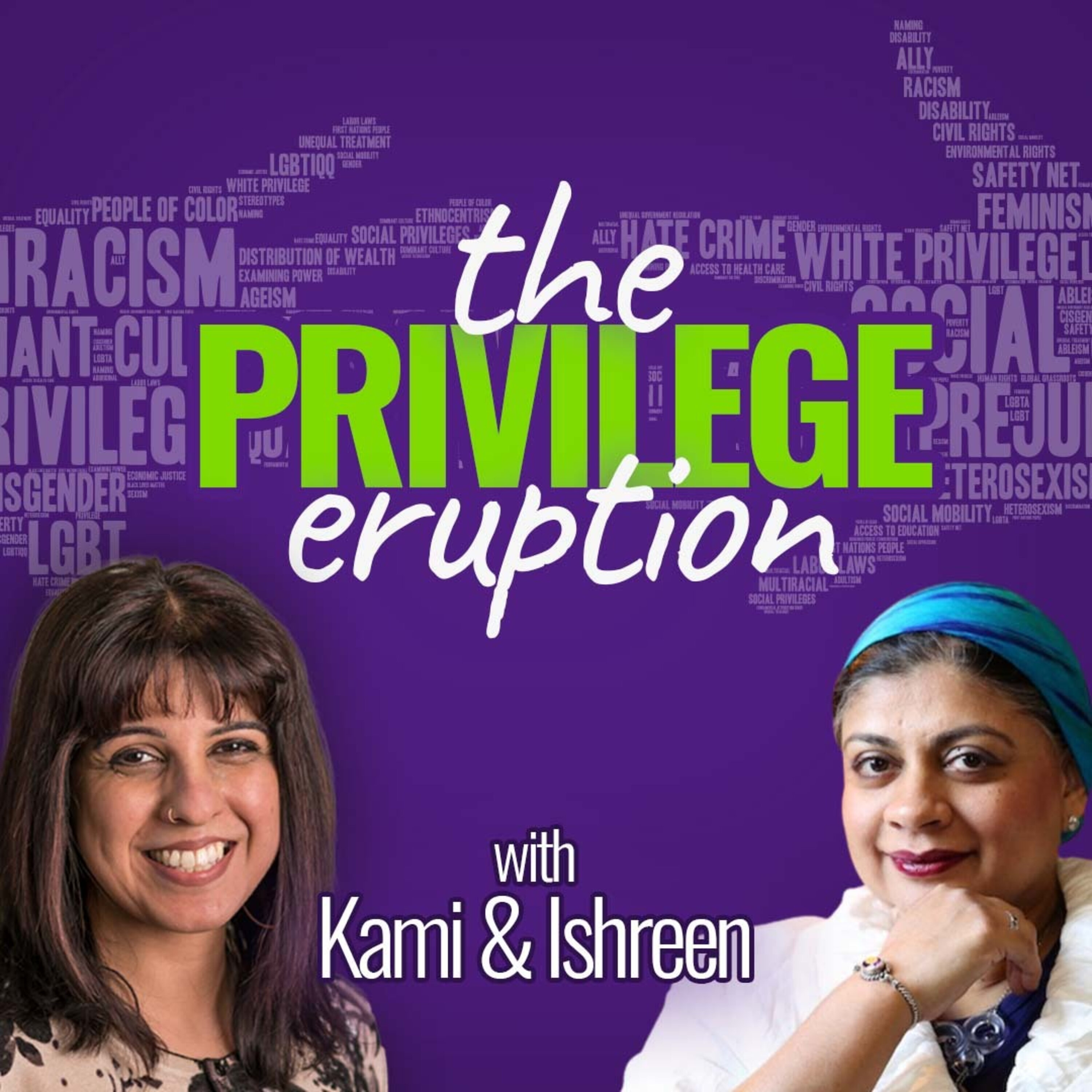How to Balance the Scales of Neurodivergent Privilege - Individually, Systemically and Structurally
Description
Get ready for another exciting episode with Ishreen, Roger, and our special guest, Reena Anand! In part 3 of our series, Reena opens up about her journey as a parent of a neurodivergent child and shares some fantastic insights on making the world a more inclusive place for neurodivergent folks. We'll dive deep into topics like education, flexibility, and the power of being an ally in knocking down barriers and promoting fairness and inclusion. So, grab your headphones and get ready to be inspired! Remember, it's all about doing your own research, questioning biases, and actively championing a culture of acceptance and understanding.
KEY TAKEAWAYS
Don't expect neurodivergent individuals to be responsible for educating others about their condition. Take ownership and educate yourself about neurodiversity, including understanding the right language and terminology.
Be flexible and accommodating in the workplace, especially when working on group projects or setting deadlines. Recognize the specific needs of neurodivergent colleagues and avoid making assumptions about their capabilities or commitment levels.
Check your language and avoid using ableist language or making assumptions about neurodivergent individuals. Educate yourself on inclusive language and be mindful of the impact of your words.
Familiarize yourself with the specific needs of different neurodivergent conditions, such as autism, ADHD, and dyslexia. This knowledge will enable you to be a source of support and understanding.
Be an ally for the neurodivergent community. In meetings and discussions, consider how decisions and actions may impact marginalized groups, including neurodivergent individuals. Advocate for their needs and ensure their voices are heard and considered.
BEST MOMENTS
"For a start, don't say that everyone's on the spectrum, because fundamentally ableist thing to say."
"You have to take ownership to learn a bit yourself and as a minimum learn what is the right language, what is a neurotype, what is the difference between neurodivergence and neurodivergent."
"If you don't know what the barriers and struggles are of other groups, you're never going to be able to empathize and be able to be an ally in a room where things are being discussed."
"I told him he was autistic when he was six, he didn't quite get it. I told him again when he was seven, it made sense. And I think it was the age of eight, he did a presentation to the year group around what it means to be autistic and how proud he is of it."
"When you're in a room, when meeting schedules are being circulated, when programs are being designed, ask yourself consciously, who might this impact? Who can we check in with to make sure that marginalized groups are not inadvertently disadvantaged by what we're proposing to do?"
VALUABLE RESOURCES
Privilege Survey https://intelligentlinking261447.typeform.com/to/SNkQvD0v
Website: https://privilege-eruption.com
Email: [email protected]
Useful links: https://linktr.ee/BelongingPioneers
ABOUT THE HOSTS
Ishreen Bradley, a Strategic Pioneer, excels in guiding Professional Leaders through complex challenges with clarity, confidence, and courage. She focuses on cultivating inclusive cultures and authentic leadership, offering senior leaders advice, consultancy, training, and coaching.
Kami Nuttall, a workplace culture expert with over 20 years of experience, delves into governance, risk management, and the human experience in organizations. Trained by the Anti-Discrimination Foundation and a qualified hypnotherapist, she's passionate about fostering psychologically safe, inclusive workplace cultures. Kami champions accountability, believing organizations should prioritize both employees and customers, creating environments grounded in inclusivity and trust.
https://www.linkedin.com/in/kaminuttall-cultureguru-cultureauditor/
https://www.linkedin.com/in/ishreenbradley/
Privilege, Eruption, Culture, Div
More Episodes
Today, we continue the insightful conversation between Ishreen Bradley and Kate Janssen, Director of Organizational Design and Learning at Wilmot Dixon. The episode delves into the challenges and successes of achieving gender balance in the construction industry, highlighting the efforts of...
Published 06/03/24
Published 06/03/24
This episode of the Privilege Eruption podcast discusses the evolution of breakthrough thinking around power, privilege, and purpose in the workplace. It highlights the challenges faced by women in the construction industry, with historical context and recent statistics showing progress towards...
Published 05/28/24


